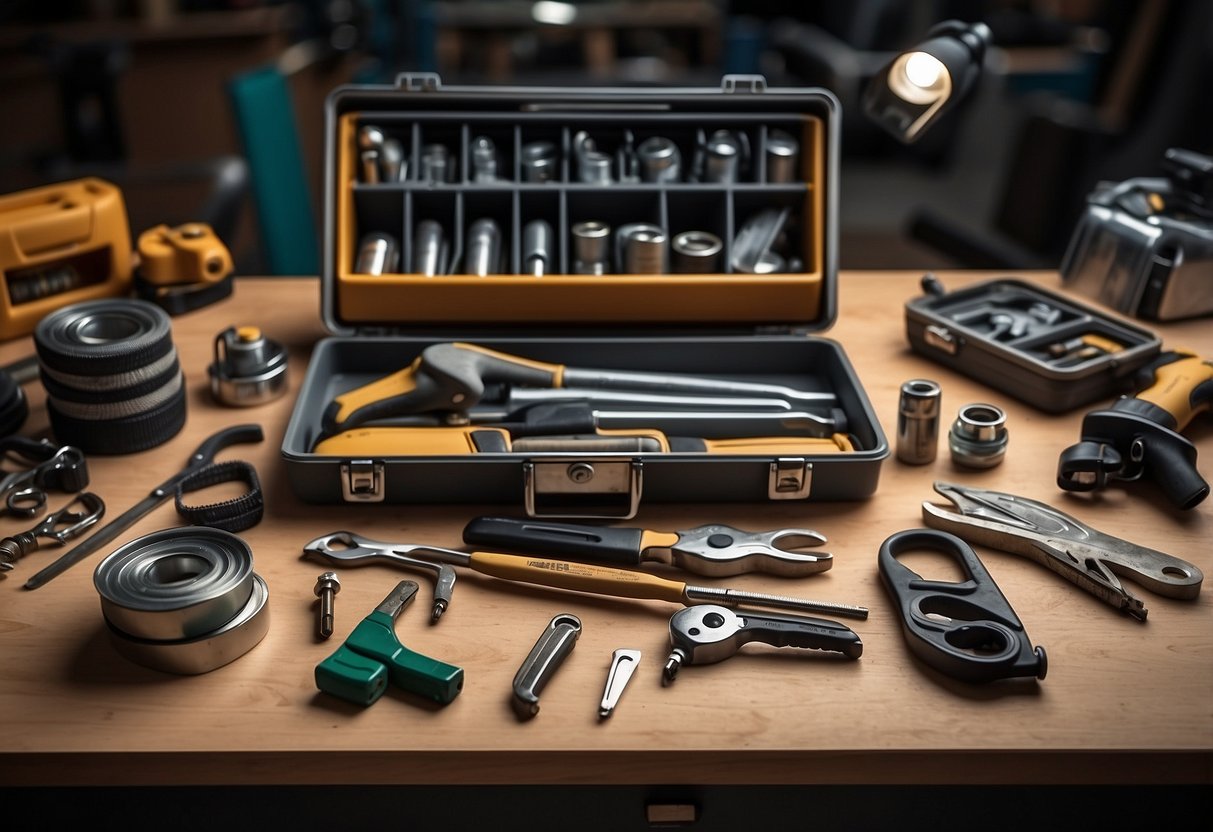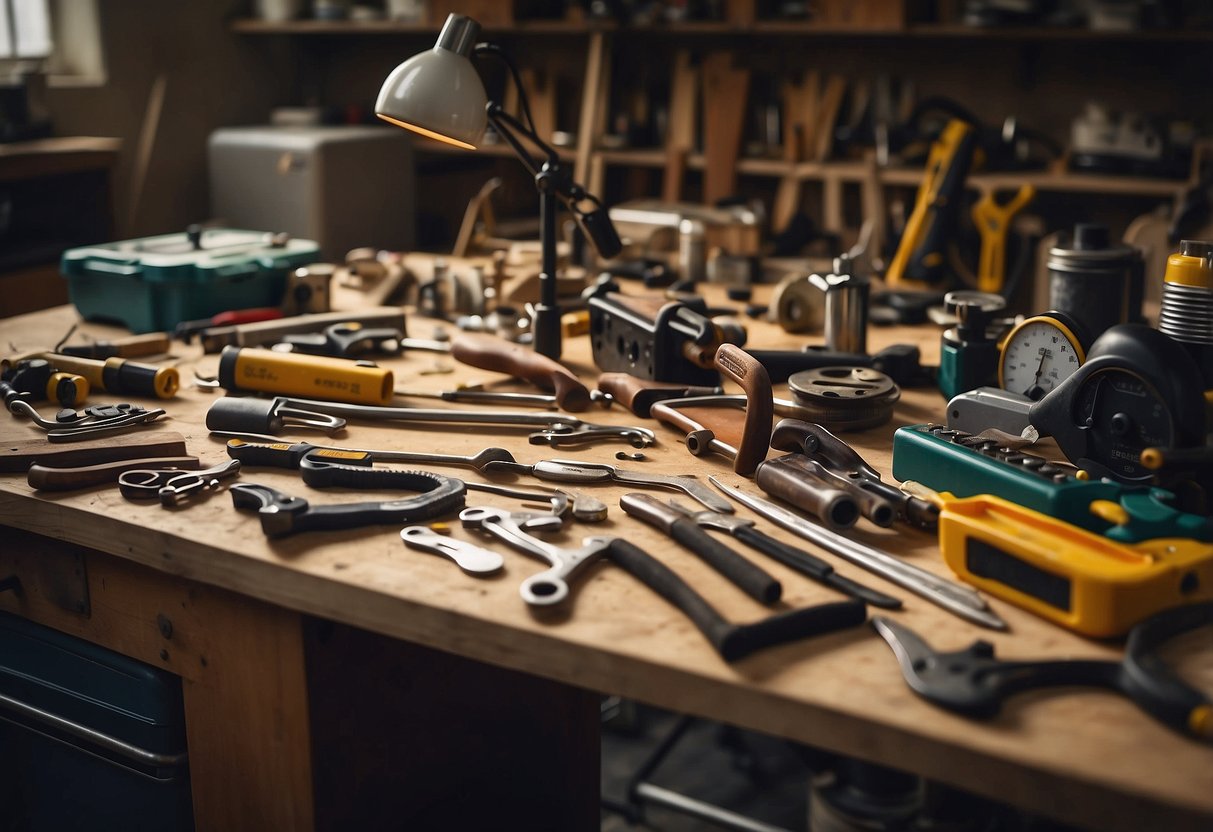Top 10 DIY Tool Kits Reviewed: Choosing the Best for Your Needs
For those eager to tackle household projects, choosing the right DIY tool kit is essential. These kits come packed with various tools designed to handle a wide range of home repair tasks. The right tool kit not only ensures you have the necessary equipment but also makes your DIY projects more efficient and enjoyable.
With numerous options available, it’s crucial to find a tool kit that suits your specific needs. Whether you’re a seasoned DIY enthusiast or a beginner starting on simple tasks, there’s a kit for every level of expertise. Each reviewed kit offers a unique set of tools, providing value based on your project requirements.
Many DIY tool kits include essential items such as screwdrivers, hammers, and pliers. Some even offer specialized tools for more intricate tasks. By investing in a comprehensive and reliable tool kit, anyone can confidently approach home repairs and other DIY projects, ensuring they are well-prepared for any challenge.
Understanding the Basics of DIY Tool Kits

Choosing the right DIY tool kit involves considering the types of tools included, as well as the quality and durability of each tool. It’s essential to evaluate these aspects to ensure the tools meet your project needs.
Types of Tools Included
DIY tool kits often come with a variety of hand tools and sometimes even power tools. Basic hand tools commonly found in these kits include hammers, screwdrivers, pliers, and wrenches. These tools are essential for fundamental tasks like assembling furniture, hanging pictures, and minor repairs.
Additionally, more comprehensive tool sets may include specialized tools such as socket sets, measuring tapes, and utility knives. These allow for more advanced tasks, offering versatile solutions for different projects. Power tools like cordless drills and saws can also be part of higher-end kits, enhancing the versatility of the tool set and making more demanding DIY tasks feasible.
The Importance of Quality and Durability
The quality and durability of tools in a DIY tool kit are crucial factors to consider. High-quality tools are often made from robust materials like carbon steel or chrome vanadium, ensuring they can withstand regular use and last longer. Ergonomic designs can also contribute to ease of use and reduce strain during prolonged projects.
Durable tools provide reliability and safety, which is particularly important when tackling more challenging DIY projects. Tools should have a solid construction with strong joints and non-slip grips, minimizing the risk of breakage or accidents. Investing in a tool set with durable components ensures that you have a reliable toolkit that can handle various tasks effectively over time.
Assessing Your Home Repair Needs

Choosing the right DIY tool kit requires an understanding of both common tasks and specialized projects. Knowing what tools to have on hand can make home improvement tasks manageable and efficient.
Determining the Right Tools for Common Tasks
For most DIY projects, having a versatile set of tools is essential. Basic tools like hammers, screwdrivers, and pliers are fundamental for everyday home repairs. Think about tasks such as hanging pictures, assembling furniture, or fixing a leaky faucet.
Investing in a quality set of these basic tools can save both time and effort. It’s also wise to consider power tools like a cordless drill. They are invaluable for more demanding tasks such as installing shelving or drilling holes. These tools cater to a wide range of home improvement activities, making them staples in any tool kit.
Specialized Tools for Specific Projects
Certain home repairs or improvements require more specialized tools. If woodworking projects are on the agenda, tools like a jigsaw, angle grinder, or a sander might be necessary. These tools provide precision and ease for cutting and shaping wood.
For plumbing repairs, pipe wrenches, pliers, and a pipe cutter are essential. Electrical fixes might require wire strippers, multimeters, and insulated screwdrivers. Tailoring your toolkit to include these specific tools ensures you are prepared for specialized tasks without unnecessary interruptions.
Recognizing these specific needs guarantees that the right tools are always available, enhancing productivity and ensuring that projects are completed safely and effectively.



